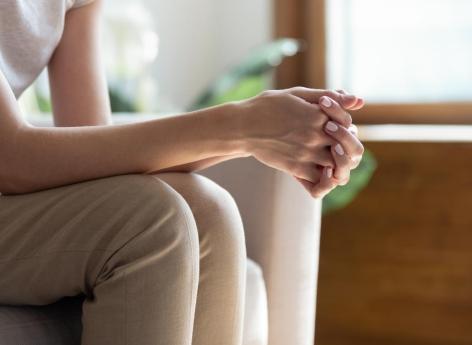A British study shows that women in relationships are twice as likely to report a lack of interest in sex as men.

“With time goes everything goes away”. Sexual desire, in particular. Romantic relationships are not always simple, and the decline in sexual desire is often one of the first symptoms of this complexity. A symptom that gets worse over time.
A British study, the results of which appear in the journal BMJ Open, showed that more than one in five people experience a drop in sexual desire after a year of relationship. And women are more affected than men. While these gentlemen are 15% to recognize it, women are twice as numerous: 34%.
Children and health separate couples
These figures were obtained from nearly 6,700 women and more than 4,800 men aged 16 to 74. They also underline a certain concern on the subject. Among people declaring a drop in sexual desire, this is a concern: for 62% of women and 53% of men.
Several elements seem to contribute to the lack of excitement. A sexually transmitted infection contracted within the year, a history of sexual violence, poor physical or mental health or, quite simply, a lack of emotional closeness during the act.
Among women only, other factors seem to come into play. Those who have had other sexual partners during the year, or who have one or more children under five at home are more affected than others.
Run your tongue
One more element cools them: when they do not share the same tastes in sex as their partner. And this is one of the most important insights from the UK study. Because if the tastes can differ and harm the quality of sexuality, the discussion makes it possible on the contrary to improve it. People who find it easy to talk about sex with their partner are less likely to feel disinterested. Whether men or women.
“Our results show the importance of relationship context in understanding low libido in both men and women,” explains Prof. Cynthia Graham, a psychologist specializing in sexual and reproductive health at the University of Southampton (UK). ), and lead author of the study. For women in particular, the quality and duration of the relationship and communication with their partners are important in their approach to sexual interest. »
This highlights the need to address sexual issues holistically on individuals, she adds. So it’s not all about hormones and mechanics, and drugs shouldn’t be the first resort.
.

















